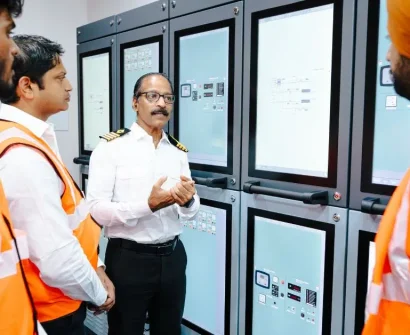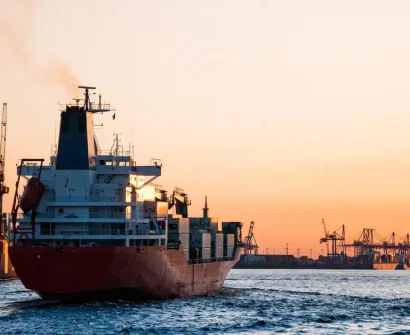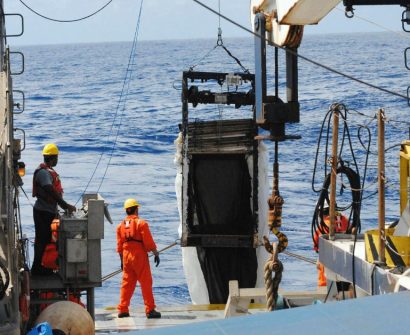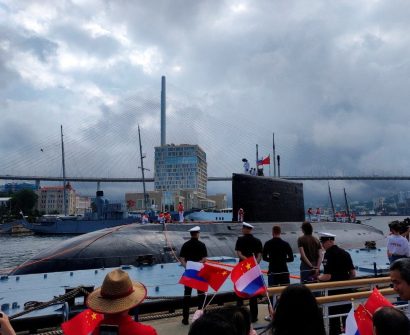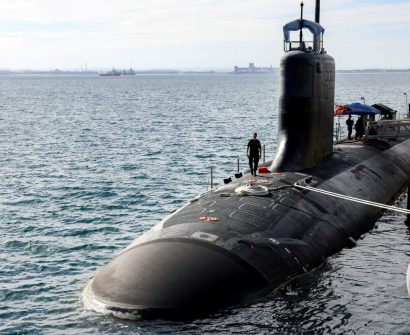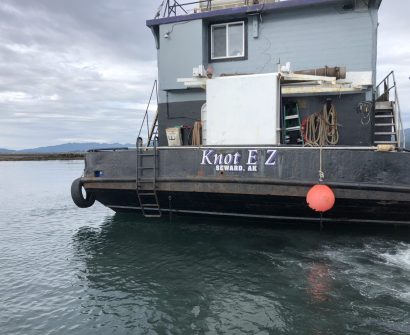“We Had Buyers, But Now We Wait” — Sanctions Leave Nayara Energy’s Fuel Ships Stranded at Sea
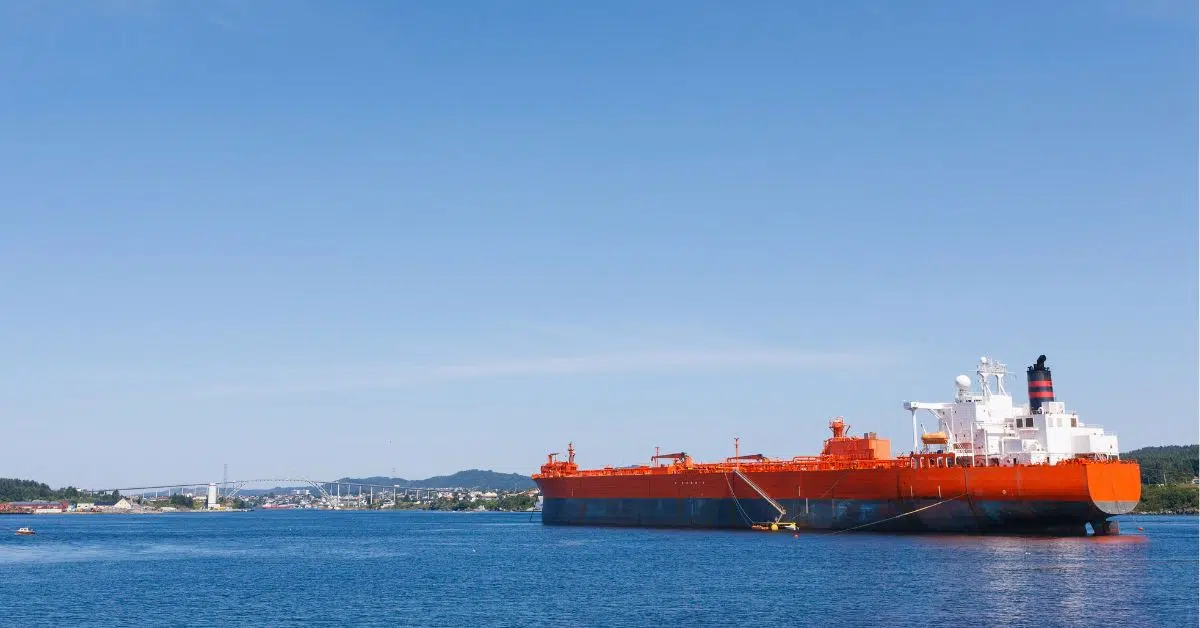
Three tankers loaded with jet fuel and diesel from Nayara Energy remain stranded off major ports due to recent European Union sanctions targeting the Russian-backed Indian refiner.
These vessels, once headed toward scheduled deliveries, are now caught in political limbo — their cargo paid for but unwelcome at port.
What should have been routine voyages turned into floating standstills overnight.
✅ What Happened — In 3 Key Points
Sanctions Freeze: EU imposed sanctions on Nayara Energy, halting its oil trade despite cargo being pre-paid.
Ships on Hold: Three tankers — Alora, Em Zenith, and Pacific Martina — are stuck offshore, unable to deliver their cargo.
Ripple Effect: Vessel owners are considering terminating contracts, and Nayara has scaled down operations.
Anchored But Nowhere to Go
On July 18, 2025, the EU imposed sanctions on Nayara Energy, which operates India’s third-largest refinery and is partially owned by Russia’s Rosneft. This move froze commercial transactions, particularly those involving oil cargo.
The Panama-sized tanker Alora, carrying 60,000 metric tons of jet fuel, has been anchored off Portugal’s Sines Port since that same day — unable to discharge its cargo despite full payment.
EU oil surveyors and related authorities reportedly refuse to handle Nayara-linked products due to the sanctions.
The result? Floating gridlock for vessels once on legitimate trade routes.
One Shipment, Three Ships, and Zero Destinations
⛽ Alora off Portugal
- 60,000 tons of jet fuel
- Anchored since July 18, 2025
- Charterer: Nayara Energy
🛢️ Em Zenith in Malacca Straits
- Singapore-flagged, owned by Equatorial Marine
- 40,000 tons of diesel loaded mid-July from Vadinar
- Intended for bunker blending in Malaysia
✈️ Pacific Martina near Gulf of Oman
- Chartered by Shell
- 60,000 tons of jet fuel loaded July 18
- Buyer yet to be confirmed
All three remain undelivered. Even as Nayara calls the sanctions “illegal and unjustified,” they’ve had to reduce refinery throughput due to storage constraints and cancelled loadings.
The Sanctions Web — A Broader Disruption
The episode highlights the growing complexity of global sanctions enforcement. Nayara, despite being based in India, is entangled due to Rosneft’s significant ownership. Cargoes previously bound for Europe or Southeast Asia are now unsellable, despite being legitimate under origin laws.
More than logistics, this is a geopolitical red line — where international politics redefines commercial viability overnight.
With shippers, surveyors, and even charterers backing out, maritime operations are no longer just about routes — they’re about reputational risk and legal exposure.
🛟 The Wake Left Behind
For seafarers, these anchored voyages are more than commercial setbacks — they’re time spent in uncertainty.
Shipowners, charterers, and crew all face new layers of risk management. A ship with cargo and no port is a floating liability, affecting morale, mental health, and operational safety.
This situation is a clear signal: compliance teams must now be as central to voyage planning as weather routing.
👨✈️ Captain AI’s POV
I’ve sailed in and out of Vadinar — it’s a solid port and Nayara’s operations have always been well-run.
But this incident shows how crew can get trapped in political fallout they had no part in.
It’s no longer just about who pays for the cargo — it’s who’s allowed to touch it.
Let’s be proactive, not reactive, about sanctions awareness.
Because the sea doesn’t wait for policy — but sailors often have no choice.

